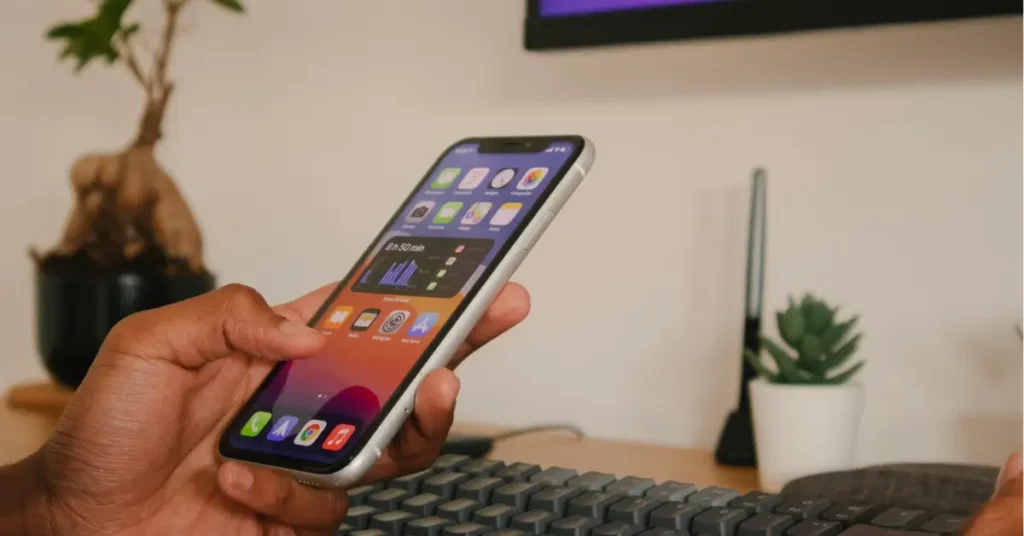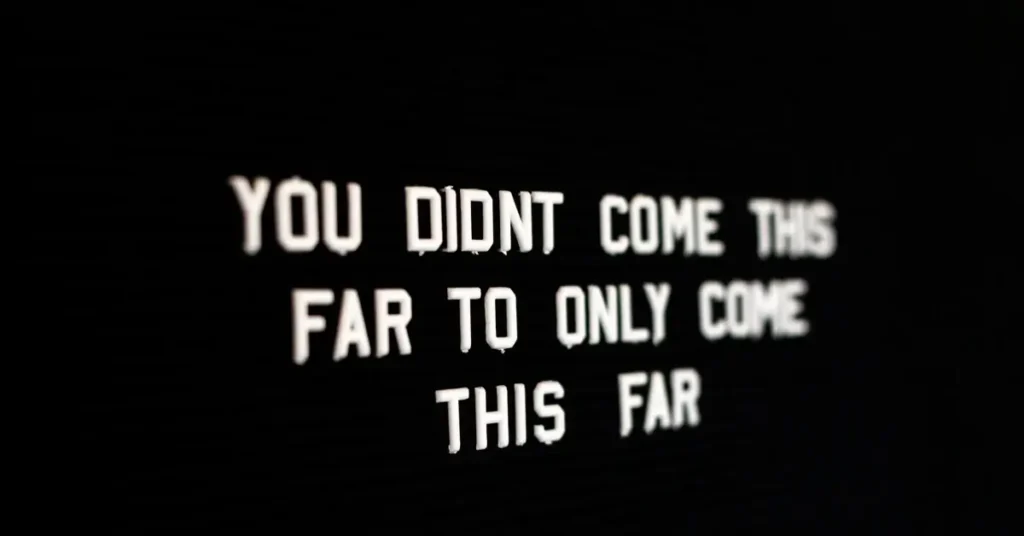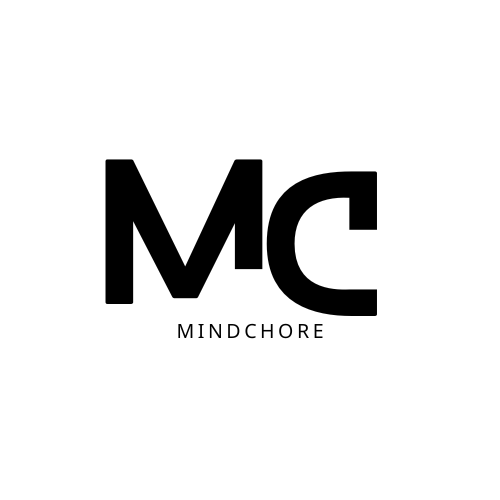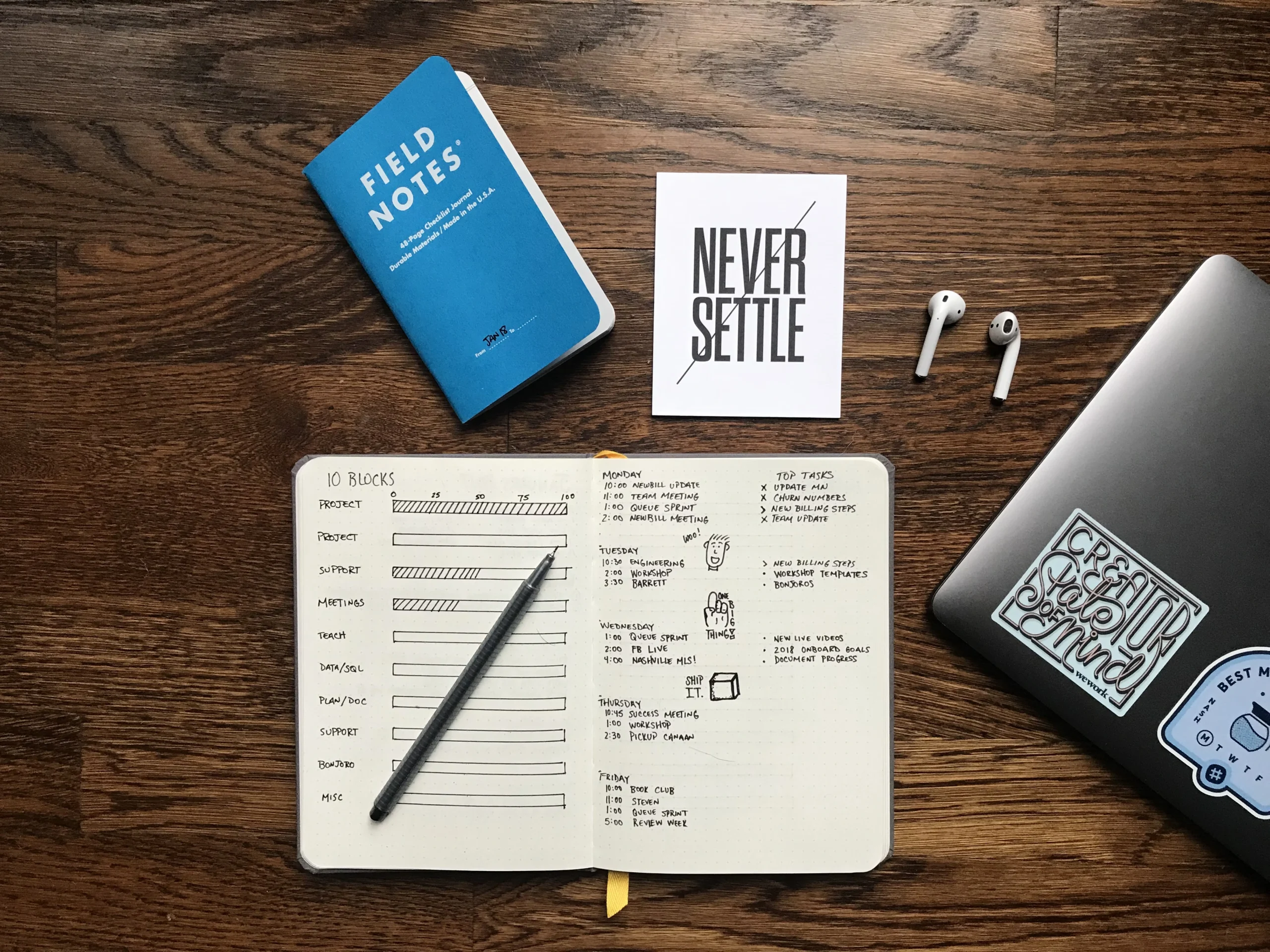Are you struggling to stay on top of your workload? Do you find yourself constantly procrastinating and struggling to focus? If so, you’re not alone. Many people struggle with productivity, but the good news is that there are plenty of resources available to help you boost your productivity and get more done in less time.
One of the most effective resources for improving productivity is productivity books. These books are written by experts in the field and provide practical tips and strategies for improving your productivity, managing your time more effectively, and achieving your goals. Whether you’re a student, a professional, or just someone looking to get more done in your day-to-day life, there’s a productivity book out there that can help you.
In this article, we’ll take a closer look at productivity books and how they can help you improve your productivity. We’ll explore some of the most popular productivity books on the market today, and we’ll provide you with tips for choosing the right productivity book for your needs. So if you’re ready to take your productivity to the next level, keep reading to learn more about how productivity books can help you achieve your goals.
The Importance of Reading for Productivity
Are you struggling to stay focused and productive at work? Are you constantly feeling overwhelmed and stressed out? One simple solution to this problem is to start reading productivity books. Reading can help you improve your productivity in many ways, and it’s an easy habit to start incorporating into your daily routine.
One of the most significant benefits of reading for productivity is that it can help you learn new skills and strategies for managing your time and tasks more efficiently. Productivity books often contain practical tips and advice that you can apply to your work and personal life, such as how to prioritize your tasks, how to avoid distractions, and how to set achievable goals.
Reading can also help you improve your focus and concentration. In today’s world, we are constantly bombarded with distractions from our phones, social media, and other sources. Reading a book requires you to focus your attention on a single task, which can help you develop your ability to concentrate and avoid distractions.
Moreover, reading can help you reduce stress and improve your mental health. Research has shown that reading can be an effective way to relax and unwind, which can help you feel more calm and centered throughout the day. Additionally, many productivity books contain advice on how to manage stress and anxiety, which can be especially helpful for people who struggle with these issues.
Finally, reading can be a fun and enjoyable way to learn new things and expand your knowledge. Whether you prefer nonfiction or fiction, there are countless books out there that can help you improve your productivity and achieve your goals.
Top Recommended Productivity Books

If you’re looking to boost your productivity, there are many books out there that can help. Here are some of the top recommended productivity books that you should consider reading:
- The 7 Habits of Highly Effective People by Stephen Covey: This classic book teaches readers how to develop habits that will make them more effective in all areas of their lives. Covey’s seven habits include being proactive, beginning with the end in mind, and putting first things first.
- The One Thing by Gary Keller and Jay Papasan: This book focuses on the idea that by focusing on one thing, you can achieve extraordinary results. The authors provide a framework for identifying the one thing that will make the biggest difference in your life and then show you how to prioritize it.
- Essentialism by Greg McKeown: This book is all about doing less but better. McKeown argues that by focusing on the essential things in life, you can achieve more with less effort.
- Deep Work by Cal Newport: In this book, Newport explains how to achieve a state of deep work, where you can focus on a task for an extended period without distractions. He provides strategies for eliminating distractions and improving concentration.
- The Checklist Manifesto by Atul Gawande: This book argues that checklists can be a powerful tool for improving productivity and reducing errors. Gawande provides examples from a range of industries to show how checklists can be used effectively.
- Eat That Frog by Brian Tracy: This book is all about overcoming procrastination and getting things done. Tracy provides practical tips for prioritizing tasks and taking action.
- Atomic Habits by James Clear: This book teaches readers how to develop good habits and break bad ones. Clear provides a four-step process for creating lasting change.
- The Effective Executive by Peter Drucker: This classic book provides practical advice for managing your time and being more effective in your work. Drucker emphasizes the importance of focusing on your strengths and delegating tasks to others.
- The Productivity Project by Chris Bailey: In this book, Bailey shares his experiments with productivity and provides practical tips for improving your own productivity. He covers topics such as time management, focus, and energy.
- The Power of Habit by Charles Duhigg: This book explores the science of habit formation and provides strategies for changing habits. Duhigg provides examples from a range of industries to show how habits can be used to improve productivity.
- The 4-Hour Workweek by Timothy Ferriss: This book is all about working smarter, not harder. Ferriss provides strategies for outsourcing tasks and automating processes to free up more time.
- Zen to Done by Leo Babauta: This book is a minimalist approach to productivity. Babauta provides a framework for getting things done without feeling overwhelmed.
- 168 Hours by Laura Vanderkam: This book argues that there is plenty of time in a week to accomplish everything you want to do. Vanderkam provides strategies for managing your time and making the most of your 168 hours.
- Smarter Faster Better by Charles Duhigg: This book provides practical tips for improving your productivity and achieving your goals. Duhigg covers topics such as motivation, decision-making, and teamwork.
- Ready for Anything by David Allen: This book is a follow-up to Allen’s popular book, Getting Things Done. It provides additional strategies for managing your time and staying organized.
- The Willpower Instinct by Kelly McGonigal: This book explores the science of willpower and provides strategies for strengthening your self-control. McGonigal provides examples from a range of industries to show how willpower can be used to improve productivity.
- Manage Your Day-to-Day by Jocelyn K. Glei: This book provides practical tips for managing your time and staying focused. It includes contributions from a range of experts in the productivity field.
- Rework by Jason Fried and David Heinemeier Hansson: This book challenges traditional notions of productivity and provides a fresh perspective on how to get things done. Fried and Hansson emphasize the importance of simplicity and focus.
- Daily Rituals by Mason Currey: This book provides a fascinating look at the daily routines of some of history’s most creative minds. It shows how these rituals can be used to improve productivity and creativity.
- The War of Art by Steven Pressfield: This book is all about overcoming resistance and doing the work that matters. Pressfield provides strategies for overcoming procrastination and staying motivated.
These are just a few of the many productivity books that are available. By reading these books and implementing their strategies, you can improve your productivity and achieve your goals.
Dealing with Distractions and Procrastination

Distractions and procrastination are two of the biggest obstacles to productivity. They can prevent you from getting anything done and leave you feeling frustrated and overwhelmed. Fortunately, there are many productivity books out there that can help you overcome these challenges.
One of the best books on distractions is “Deep Work: Rules for Focused Success in a Distracted World” by Cal Newport. This book emphasizes the power of undisturbed concentration and provides key strategies for shutting out distractions. Newport guides readers on how to train the mind for deep, focused work. Another great book on distractions is “Indistractable: How to Control Your Attention and Choose Your Life” by Nir Eyal. This book provides practical advice on how to avoid distractions and focus on what really matters.
If you struggle with procrastination, there are also many great books out there to help you. “The Art of Procrastination” by John Perry introduces the concept of “structured procrastination,” which can help you make your habit of delaying tasks work for you by rearranging your priorities. Another great book on procrastination is “The Now Habit” by Neil A. Fiore. This book is about breaking the habit of procrastination and provides practical tips on how to prioritize tasks, set clear goals, and manage time effectively.
In addition to these books, there are many other resources available to help you deal with distractions and procrastination. For example, you can use apps that block distracting websites or set timers to help you stay focused. You can also try techniques like the Pomodoro method, which involves working in short bursts of focused activity followed by short breaks.
Maintaining Energy and Motivation
When it comes to productivity, maintaining energy and motivation is key. It’s important to not only have the tools and strategies to get things done, but also the drive to actually do them. Productivity books can be a great resource for finding inspiration and motivation to keep going.
One book that can help you maintain energy and motivation is “The Morning Routine: Boost Productivity, Motivation, Energy and Stop Procrastinating” by Akash Karia. This book provides practical advice for creating a morning routine that sets you up for success throughout the day. By starting your day with intention and purpose, you can maintain your energy and motivation to tackle tasks as they come up.
Another book that can help you maintain energy and motivation is “Atomic Habits: An Easy & Proven Way to Build Good Habits & Break Bad Ones” by James Clear. This book provides a comprehensive framework for building good habits and breaking bad ones. By focusing on small, incremental changes, you can build momentum and maintain your energy and motivation over time.
Finally, “The Power of Habit: Why We Do What We Do in Life and Business” by Charles Duhigg is another great resource for maintaining energy and motivation. This book explores the science behind habit formation and provides practical strategies for creating positive habits that stick. By understanding the underlying psychology of habit formation, you can maintain your energy and motivation to keep pushing forward.
Productivity in Different Life Areas
When it comes to productivity, it’s not just about getting more done at work. Productivity can be applied to various areas of your life, including your career, future, family, children’s education, and even your personal interests like comics or romance novels.
- Career: Productivity Books can help you focus on your goals and develop a plan to achieve them. Whether you’re looking to get a promotion, switch careers, or start your own business, there are books that can help you increase your productivity and achieve success.
- Future: Productivity Books can also help you plan for your future. By setting goals and developing good habits, you can increase your chances of achieving your long-term aspirations. Books on time management and goal-setting can be particularly helpful in this area.
- Family: Productivity Books can help you balance your work and family life. By learning how to manage your time more effectively, you can spend more quality time with your loved ones.
- Children’s Education: If you’re a parent, you know how important it is to help your children succeed in school. Productivity Books can provide you with tips and strategies to help your child stay organized and focused on their studies.
- Personal Interests: Even if you’re not looking to improve your productivity in a professional or educational setting, there are still plenty of ways to apply productivity principles to your personal interests. Whether you’re an avid reader of comics or romance novels, there are books that can help you manage your time and stay focused on your hobbies.
Productivity Tips and Tricks

When it comes to productivity, there are countless tips and tricks out there to help you get more done in less time. Here are a few tried-and-true methods to boost your productivity:
- Make a to-do list: Writing down your tasks can help you stay focused and organized. Prioritize your tasks by importance or deadline, and cross them off as you complete them.
- Use the Pomodoro Technique: This time management method involves breaking your workday into 25-minute intervals, with short breaks in between. This can help you stay focused and avoid burnout.
- Minimize distractions: Turn off notifications on your phone and computer, close unnecessary tabs, and find a quiet workspace if possible.
- Take breaks: Taking short breaks throughout the day can actually improve your productivity. Get up and stretch, take a walk, or do something else to clear your mind.
- Use productivity apps: There are countless apps out there to help you stay organized, manage your time, and track your progress. Some popular options include Trello, Evernote, and RescueTime.
- Delegate tasks: If you have too much on your plate, consider delegating some tasks to others. This can help you focus on what’s most important and avoid burnout.
- Set realistic goals: Setting achievable goals can help you stay motivated and avoid feeling overwhelmed. Break larger tasks into smaller, more manageable ones, and celebrate your progress along the way.
By incorporating these tips and tricks into your routine, you can boost your productivity and get more done in less time. And if you’re looking for more in-depth advice, be sure to check out some of the top productivity books on the market today.
The Role of Structure and Organization

When it comes to productivity, having a structure and organization can make a huge difference. Productivity books often emphasize the importance of having a framework to work within. This framework can help you set boundaries, prioritize tasks, and simplify your workload.
One of the main benefits of having structure is that it helps you stay focused on your goals. When you have a clear idea of what you want to achieve, you can create a plan that outlines the steps you need to take to get there. This plan can help you stay on track and avoid distractions that might derail your progress.
Another benefit of structure is that it helps you set boundaries. When you have clear boundaries, you can avoid overcommitting yourself and spreading yourself too thin. This can help you avoid burnout and stay motivated over the long term.
Productivity books also often emphasize the importance of prioritization. When you have a lot of tasks to accomplish, it can be easy to get overwhelmed and lose sight of what’s most important. By prioritizing your tasks, you can focus on the things that will have the biggest impact on your productivity and success.
Finally, simplification is key to productivity. When you have too many things on your plate, it can be difficult to stay organized and focused. By simplifying your workload, you can reduce stress and increase your ability to get things done.
Our Opinion
So, you’ve read through the search results and now you’re wondering which productivity books are worth your time. Well, we’ve got some opinions for you.
First off, let’s talk about what makes a productivity book successful. In our opinion, a successful productivity book is one that provides actionable advice that can be implemented in your daily life. It should also have a positive impact on your productivity and help you achieve your goals.
Creativity is also an important factor to consider. A good productivity book should help you think outside the box and come up with new and innovative ways to be productive.
Now, let’s talk about some of our favorite productivity books. If you’re looking to advance your career, we highly recommend “Deep Work” by Cal Newport. This book teaches you how to focus and eliminate distractions so that you can get more done in less time.
If you’re looking for a book that will help you get lucky, check out “The Luck Factor” by Richard Wiseman. This book explores the science of luck and how you can increase your chances of success.
For those of you who value freedom, we recommend “The 4-Hour Work Week” by Tim Ferriss. This book teaches you how to work smarter, not harder, so that you can have more free time to do the things you love.
FAQ
What are the best productivity books?
Top productivity books include ‘Atomic Habits’ by James Clear, ‘Deep Work’ by Cal Newport, and ‘The 7 Habits of Highly Effective People’ by Stephen Covey. These timeless guides offer insights into building habits, enhancing focus, and achieving lasting success.
Does reading improve productivity?
Yes, reading enhances productivity by boosting knowledge, focus, and creativity. It cultivates a continuous learning mindset and provides valuable insights, contributing to better decision-making and problem-solving skills.
Is reading a productive habit?
Yes, reading is a highly productive habit. It stimulates the mind, enhances knowledge, and fosters continuous learning. Cultivating a reading habit contributes to personal growth, improved focus, and expanded creativity.
What books did you already know? Let us know in the comments!





